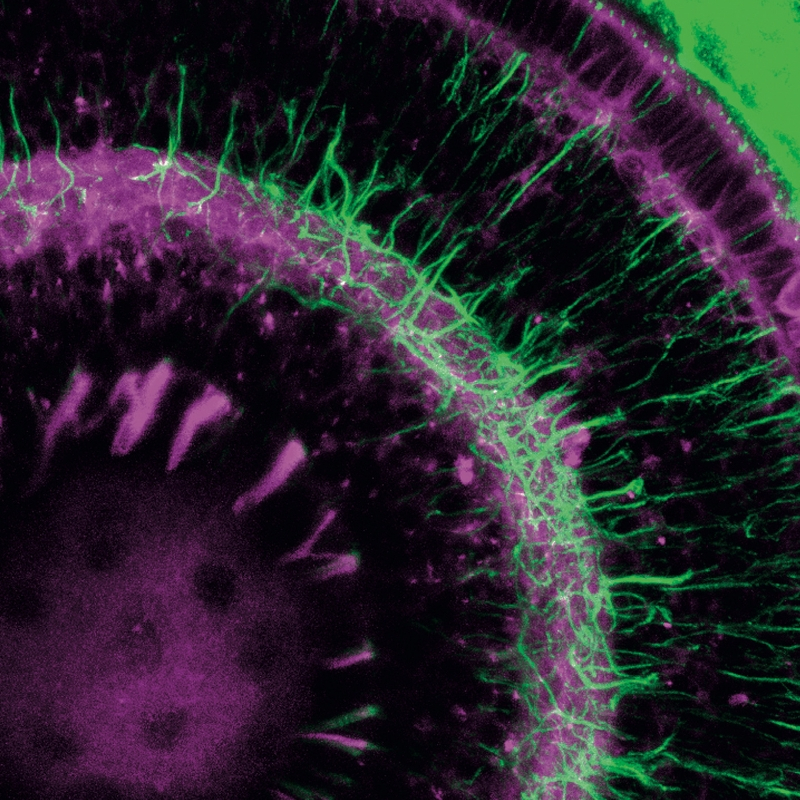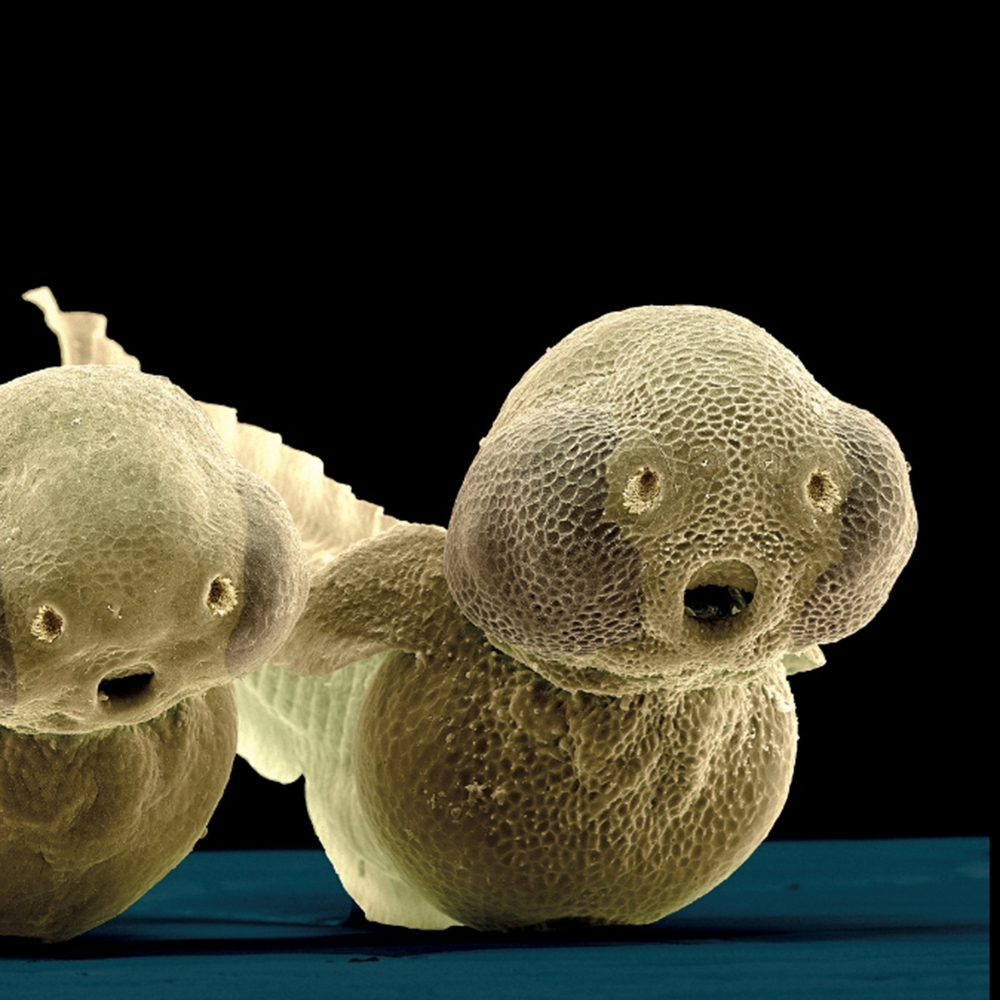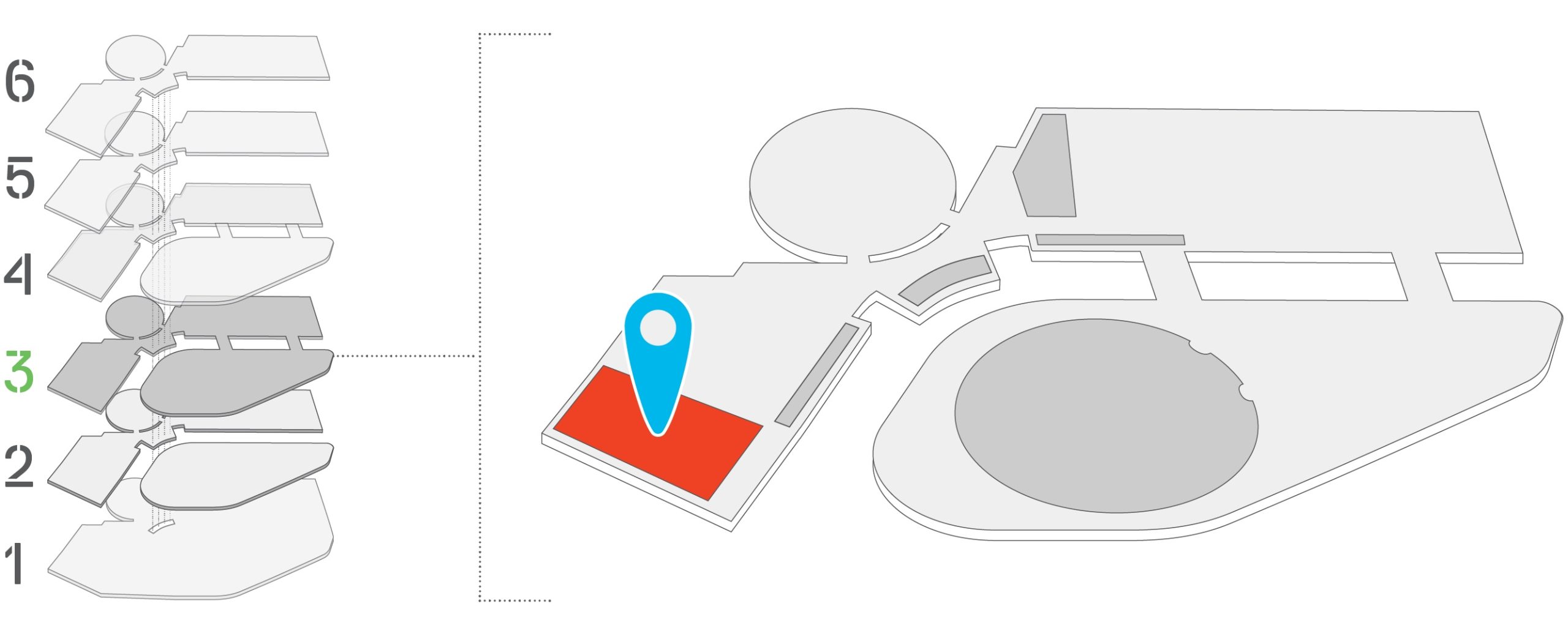Max Planck Images of Science
Discover a collection of 30 striking images captured during the course of scientific research from some of the Max Planck Society’s work around the world.
A fascinating glimpse into the world of science.
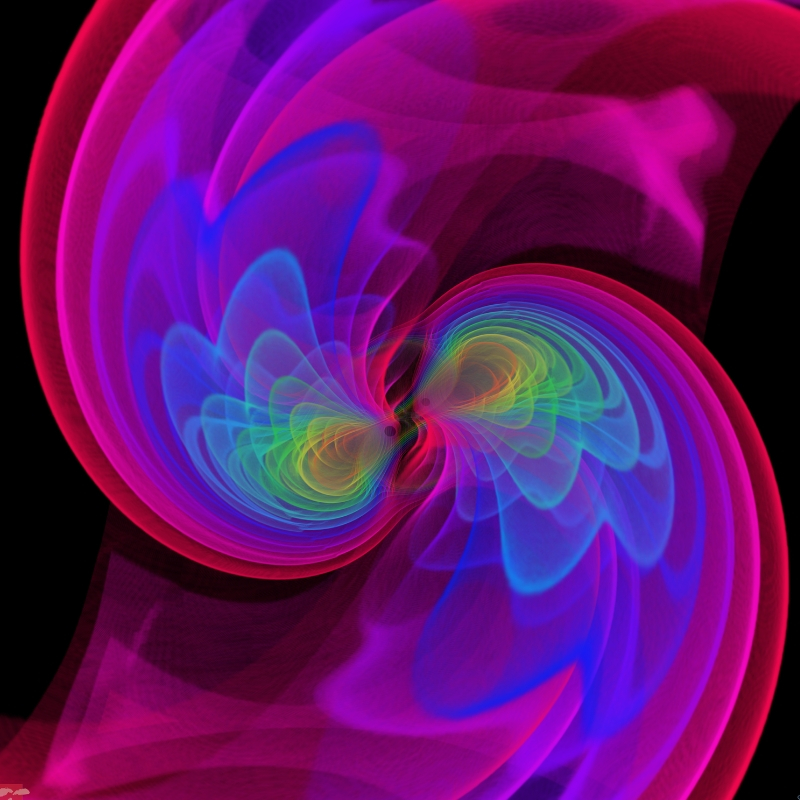
Discover Max Planck Images of Science, a photo exhibit featuring a collection of 30 striking images captured during the course of scientific research from some of the Max Planck Society’s work around the world, presented by the Max Planck Florida Institute for Neuroscience. Science often strives to push the boundaries of the known world to explore new topics and make the invisible visible. In addition to a purely scientific documentation of research objects, sometimes images are created that feature surprising aesthetic forms and structures — abstract works of art from a world normally hidden to the human eye.
Each year, scientists from the more than 80 research institutes of the Max Planck Society enter images showcasing their work from the most various research fields in an annual photography competition. The winning pictures form the basis of this exhibit that provides a fascinating glimpse into the world of science. Images in the exhibition cover myriad areas of scientific research, from tiny neurons within the brain, to insights into the structures of the early universe and many more areas of earth science, biology, and even architecture. What unites the exhibit is the rare opportunity for guests to experience exquisite details normally only viewable by scientists with cutting-edge imaging equipment. Max Planck Images of Science is an unprecedented look at the smallest details that form the base of beauty and knowledge in our world.
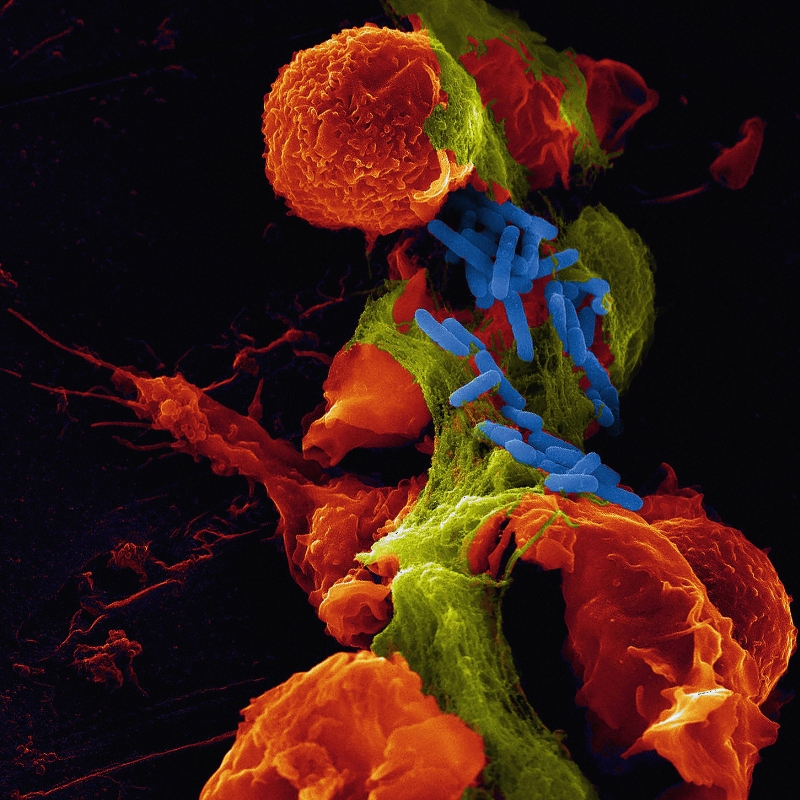
Max Planck Images of Science is on view on the Level 3 of the museum including the outdoor terraces and in meLab: The Discovery. Admission to Max Planck Images of Science is included in all museum admission tickets.
Max Planck Images of Science at the Phillip and Patricia Frost Museum is an initiative of the Max Planck Society in Germany as part of Year of German-American Friendship 2018/19 and is a collaboration between the Max Planck Gesellschaft, the Phillip and Patricia Frost Museum of Science, the Max Planck Florida Institute for Neuroscience and the German General Consulate in Miami. Underwriting is generously provided through a comprehensive and collaborative initiative funded by the German Federal Foreign Office, implemented by the Goethe-Institute, and supported by the Federation of German Industries (BDI).



